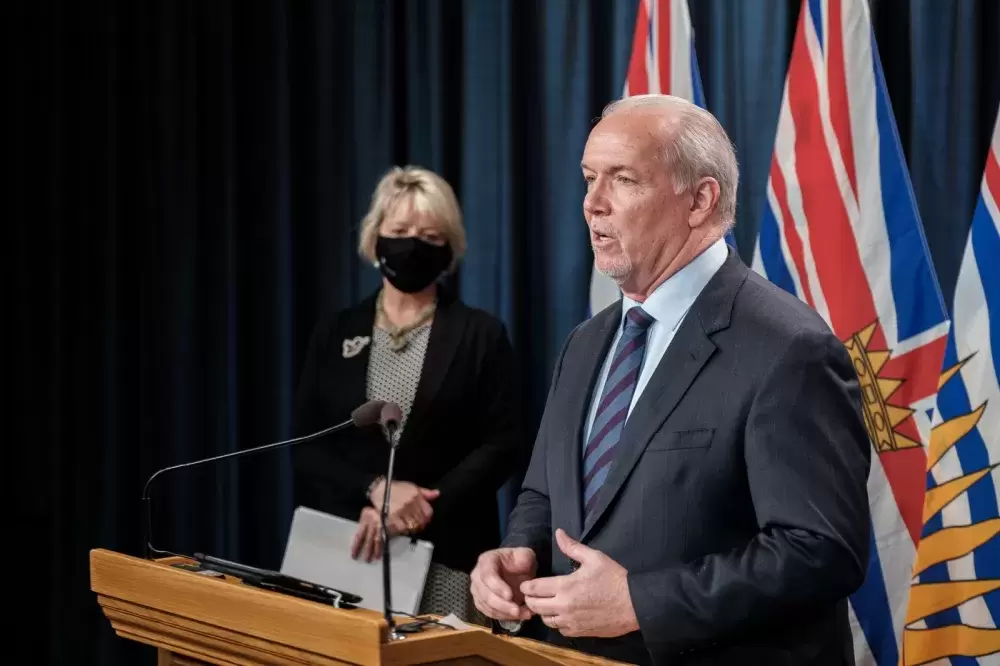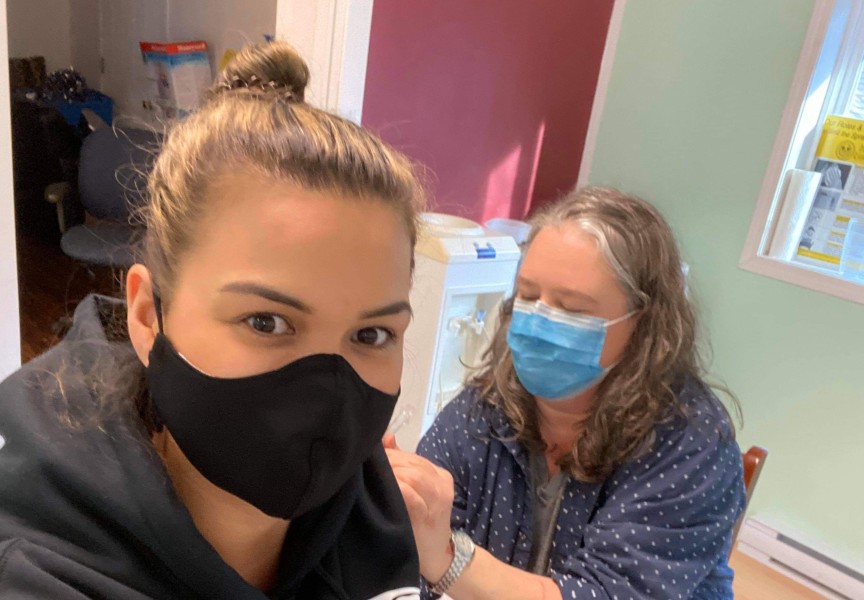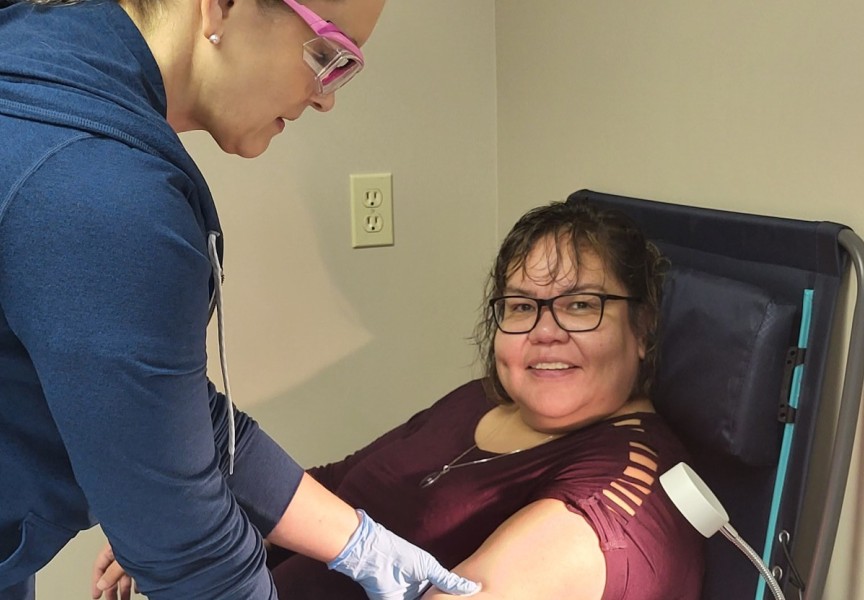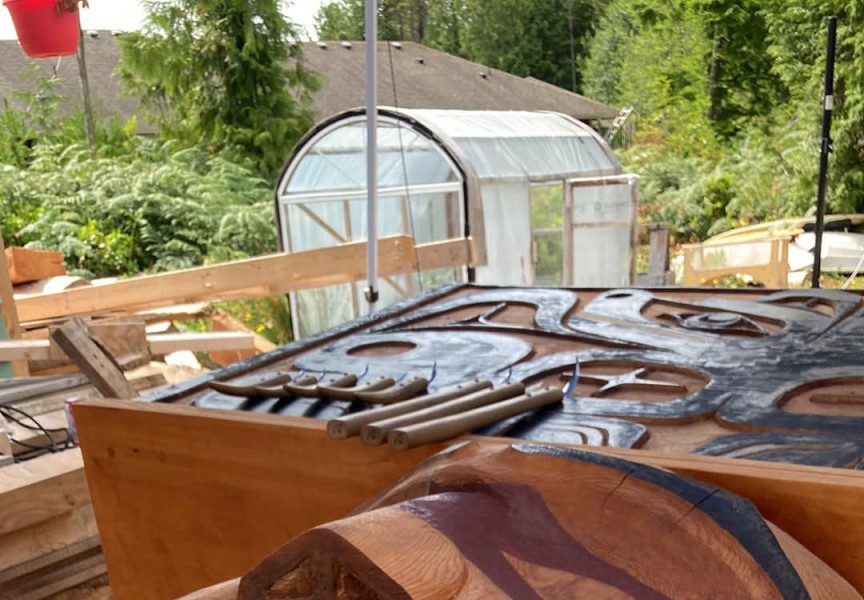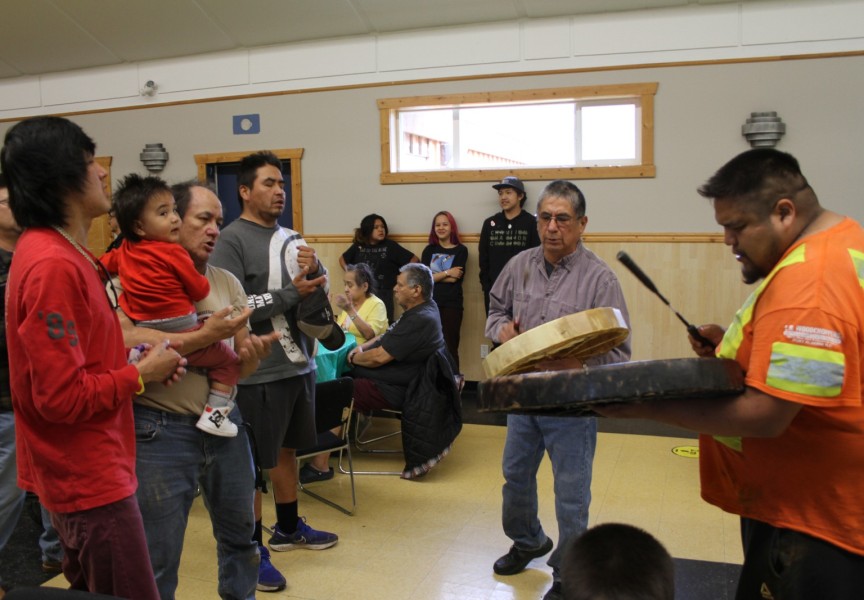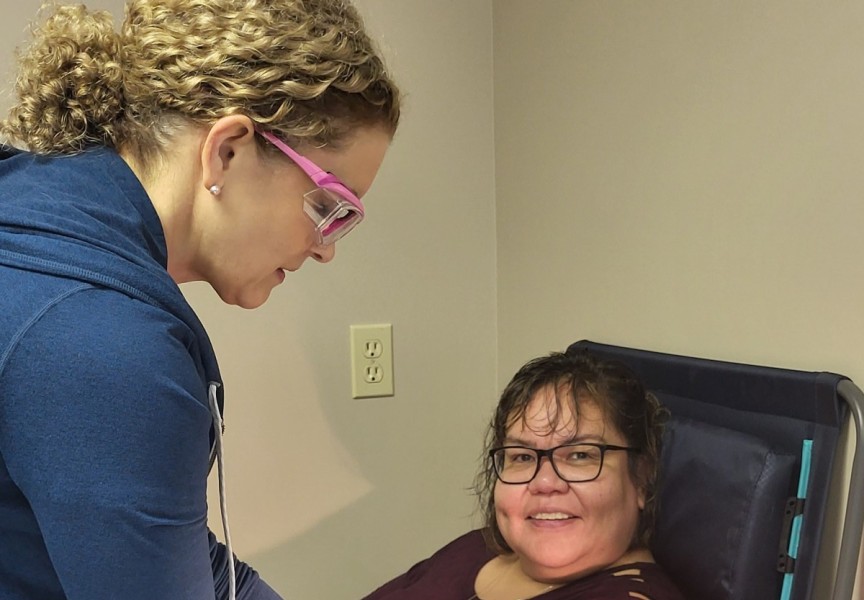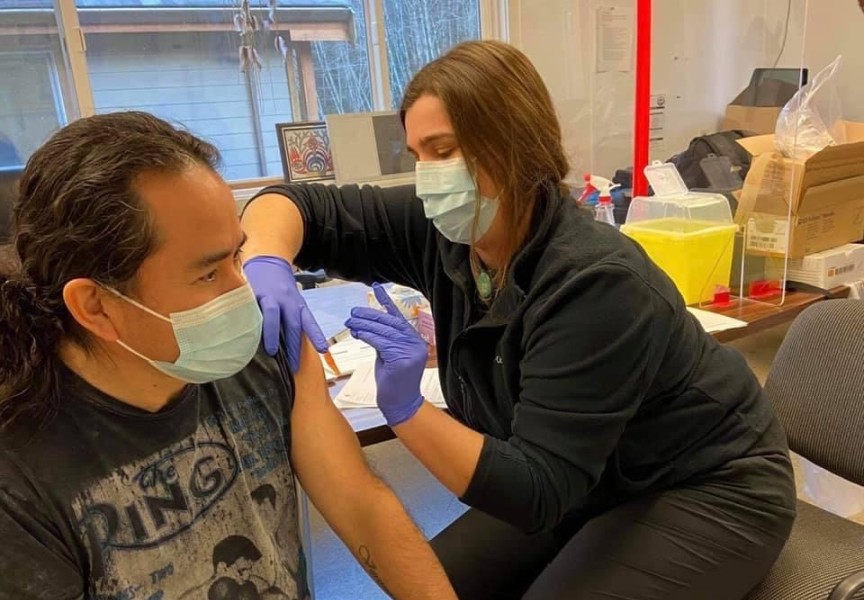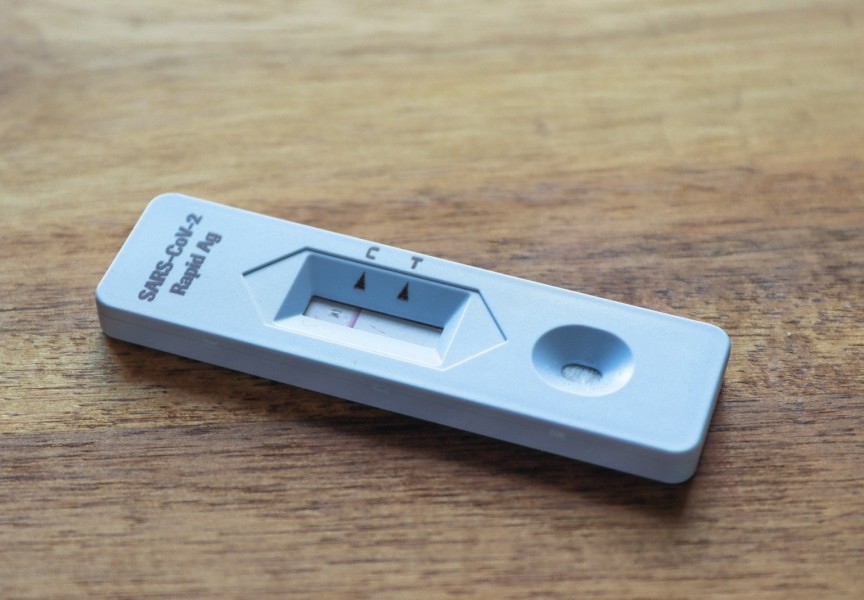Indigenous community groups and organizations across B.C. have outlined their concerns and frustrations about the new proposed travel restrictions in a letter addressed to B.C. Premier John Horgan.
On Monday, the province announced new travel restrictions prohibiting people from leaving their local health authority. The new order means that people could face a fine for non-essential travel, enforced through a roadside checkpoint program.
“[The Minister of Public Safety] will be using the Emergency Program Act to restrict people's ability to move from one health authority to another,” said Horgan, during a press conference on Monday, April 19. “It will be done in a way that includes everyone … and there will be consequences if you are outside of your area on non-essential business.”
Those consequences have not been clearly identified and Meghan McDermott, BC Civil Liberties Association policy director and staff counsel, said she is troubled by the “overly broad” policing powers the new order presents.
“This [was] announced without any further details,” said McDermott. “We’re just left to languish for the next few days wondering how we’re supposed to prepare for this. The idea of using police officers is really abhorrent to us. We know that police’s use of discretion tends to be discriminatory and harmfully impacts Black, Indigenous and other rationalized folks in B.C.”
Details about the new order are expected to be released on Friday and will remain in place until Monday, May 24 – after the long weekend.
Douglas White III, chair of the BC First Nations Justice Council, said that to date, they have not been engaged with on the issue.
“Part of the mandate of the BC First Nations Justice Council is to grapple with the reality of systemic racism across the justice system, including policing,” he said. “When we see this kind of initiative being put forward by the government it causes concern and alarm about deepening the problem, rather than resolving the problem. We want to make sure that…necessary safeguards and checks are in place to ensure that the province isn’t putting forward direction that would expose Indigenous peoples to further policing.”
The BC Assembly of First Nations Regional Chief Terry Teegee said he signed the letter to address the many unanswered questions.
“There's definitely stereotypes and racism that exists within the system of policing and justice,” he said. “What are the overarching powers of the police force, and what will they impose on our people?”
The Nuu-chah-nulth Tribal Council (NTC) did not sign the letter, but has long been asking the province for a Vancouver Island bubble to restrict travel. Similar to measures taken in the Maritimes, this would include a 14-day isolation period upon arrival, said Mariah Charleson, NTC vice-president.
“Our First Nations communities have already been implementing this since the very beginning of the pandemic with checkpoints and even curfews at some points,” she said. “As a Hesquiaht member, I still can't go home.”
While the NTC is encouraged to see travel restrictions, Charleson said they are concerned about the new proposed policing measures.
“We want to see clear, concise information tomorrow that all of our members, regardless of where they reside in the province of B.C., understands,” she said. “And if they have a medical appointment, for example, in a different health region, that they will be able to freely [attend] without harassment from the police or any type of enforcement.”
We have to respect that we’re in the third wave and do not know how the COVID-19 variants of concern will affect First Nations populations, said Teegee.
“But at the same time, we need to be concerned about our liberties,” he said. “We need to be very cautious about how decisions are made and make sure that First Nations are brought into the fold.”
For Teegee, the pandemic has served as a “cautionary tale.”
“Once again, First Nations authority and our jurisdiction is not considered,” he said. “That should be concerning to all Indigenous peoples.”
McDermott said she hopes to see evidence to support the province’s pending restrictions.
“We don't have any of that information upfront,” she said. “We're just asked to trust the government over and over and over again. And it's difficult … we're on the outside looking in.”
As international travellers continue to arrive at the Vancouver International Airport and out-of-province visitors drive across the provincial border into B.C., McDermott said she questions the province’s gaps in policy.
“The review of our legal options made it clear we can’t prevent people from travelling to British Columbia,” said Horgan, in a January news release. “We can impose restrictions on people travelling for non-essential purposes if they are causing harm to the health and safety of British Columbians. Much of current interprovincial travel is work related and therefore cannot be restricted.”
To many, the idea of engaging with police officers is intimidating, said McDermott.
“When police are asking us questions and they've got all these weapons on their body, there's such a power differential,” she said. “One of the core issues that we're getting at in our letter is, what are the police powers? How much can they ask? And then, what do they do with the information that they receive?”

